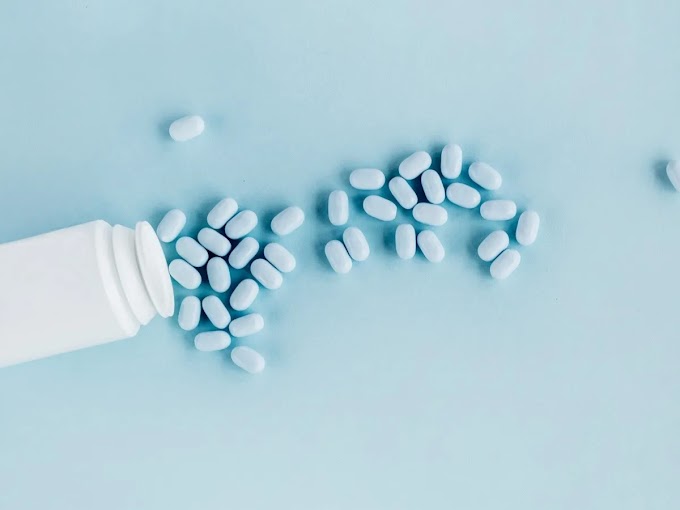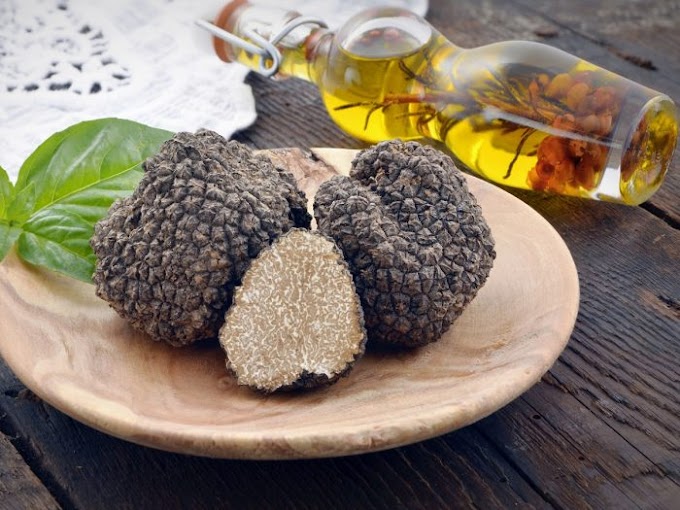Red wine drinkers are less likely to suffer a heart attack.
Although it is common to hear that alcohol can be harmful to your health, it is important to remember that the amount of alcohol consumed will have a significant impact on how much you drink. Red wine is still considered to be one of the most alcoholic beverages.
Begin your meal with a glass of red wine, or at least a glass and a quarter of a glass. It serves the purpose of improving the flavor and reaping the many benefits it offers.
Wine is good for your health! Science reveals the truth
Although medical consensus doesn't recommend drinking alcohol under any circumstances whatsoever, there are scientific studies that show some benefits to moderate consumption. For example, wine research has increased in the past 20 years. In particular, a historic maximum was reached with over 1,230 scientific articles on wine and health.
Wine is considered food and is part of the Mediterranean diet. This is why more and more research supports moderate wine consumption. These findings were compiled by OIVE, in collaboration with the Foundation for Wine and Nutrition Research.
1. Mairena Martin, Professor in Biochemistry and Molecular Biology at UCLM, says that red wine is high in antioxidant molecules, such as polyphenols and resveratrol. These molecules also "decrease, or even block, oxidative stresses related to many pathologies such as Alzheimer's, cardiovascular, and neurodegenerative. All this is why moderate wine consumption has been considered to be healthy.
2. Lowers cardiovascular risk
The study involved 38 volunteers and has allowed us to better understand the effects of moderate drinking of aged white wines on cardiovascular health markers that are related to atherosclerosis in high-risk men.
The results of the intervention showed that wine consumption increased the amount of progenitor-endothelial cells present in the blood. These cells protect blood vessels from damage and repair them. The wine consumption also led to lower levels of inflammation markers, an improvement in diastolic blood pressure, HDL cholesterol levels (also known as "good cholesterol"), as well as an increase in apolipoproteinA1, which is responsible for transporting HDL cholesterol, and an increase of iron and folic acid.
1. Moderate consumption of red wine may prevent prostate cancer progression Harvard University published its 1986 study results on the role of diet in determining the risk of developing heart disease and cancer.
The researchers looked at the association between alcohol intake and prostate cancer risk in 47,568 healthy men. These participants had never been diagnosed with cancer or had had any problems with alcohol before the experiment began. This type of cancer has claimed the lives of 869 people after 25 years of research. Researchers found that moderate alcohol intake was associated with a lower risk of developing prostate cancer. The study found that participants who were diagnosed with prostate cancer without metastasis continued to consume red wine. Doctors also noted that they had a lower chance of dying from the disease. This raised the possibility of red wine being able to stop the development of cancer.
Researchers concluded that moderate alcohol intake was not associated with a higher risk of developing prostate cancer. The average alcohol intake of prostate cancer patients did not appear to be associated with a slower disease progression.
1. It reduces the chance of developing type 2 diabetes. In July, the British Medical Journal (BMJ), a leading international medical journal, published a review that examined the scientific evidence regarding the relationship between diet, and types 2 diabetes, and published 53 meta-analyses.
The research on wine showed that moderate wine consumption was associated with fewer cases of type 2 diabetes when compared to no wine intake or low wine consumption. According to the researchers, moderate alcohol consumption may be associated with lower type 2 diabetes risk. Experts warn that excessive alcohol consumption can cause health problems.
1. Colorectal Cancer. This year's last analysis was published in August by the specialized scientific journal Cancer Epidemiology, Biomarkers & Prevention. This meta-analysis was conducted by South Korean and American researchers. It examines the relationship between alcohol intake and the chance of dying from colorectal carcinoma.
Erectile dysfunction was 10% less common in men who ate foods high in flavonoids regularly. He said that the benefits were greatest for younger men, but that there are limits to how many servings per week. Vidalista 40 and Cenforce 150 also treat ED in men
Researchers gathered information from 12 cohort studies that were published prior to December 2018. Each study involved a long-term follow-up of a group. Nine studies revealed that patients who had never drunk and those who consumed a moderate amount of alcohol before a diagnosis of cancer had lower mortality rates than patients who did not drink.
Researchers also attempted to determine if the type of alcohol consumed affected this relationship. They found that participants with low or moderate wine consumption before being diagnosed had a lower chance of dying. This was primarily due to colorectal carcinoma.
These professionals are also supporting moderate wine consumption in the Mediterranean diet. Emilio Ros is the clinical head of the Lipids Unit and senior consultant at the Endocrinology and Nutrition Service at the Hospital Clinic de Barcelona. He believes that meals should always be accompanied by this food's importance and use. Ros says that wine and olive oil, when used in moderation, are essential components of the Mediterranean diet.






